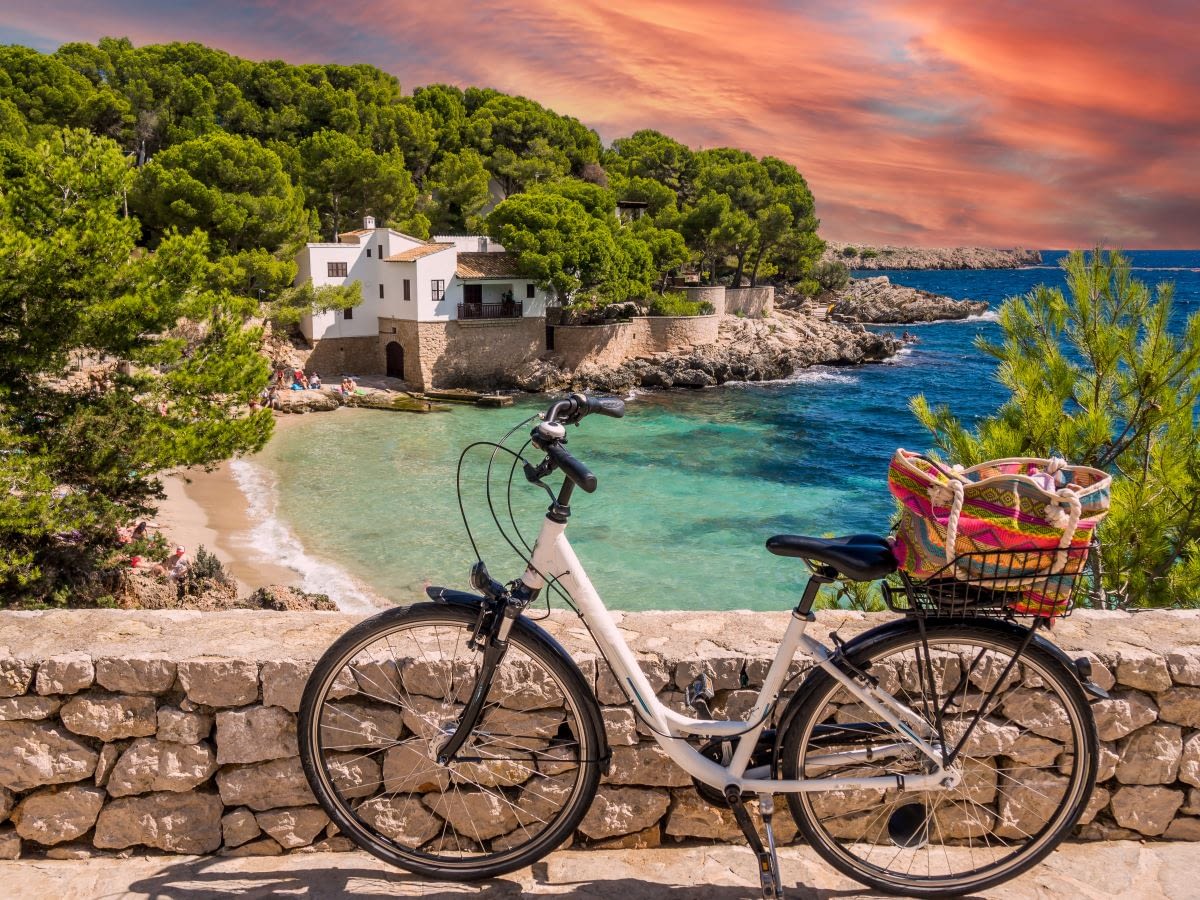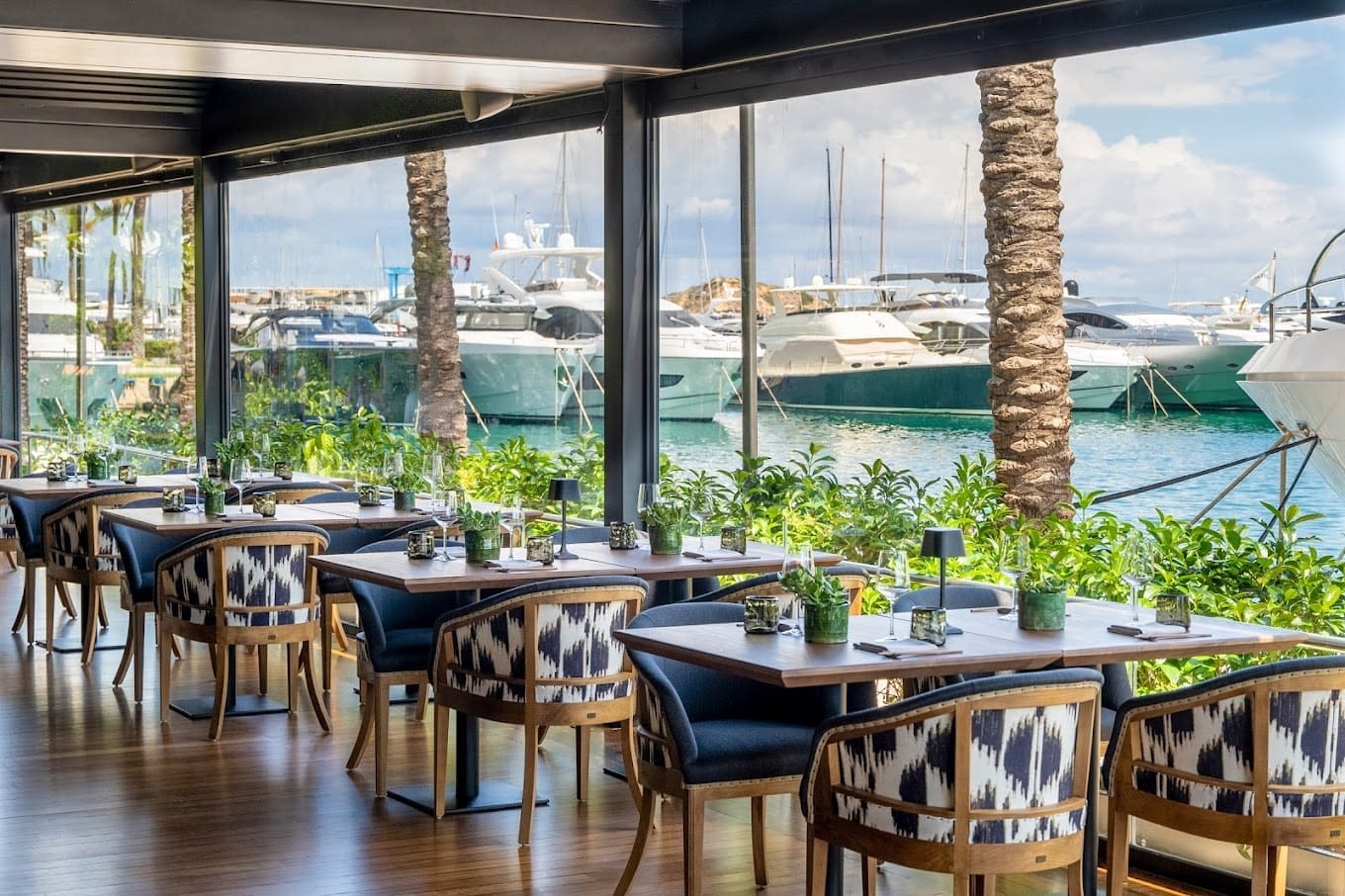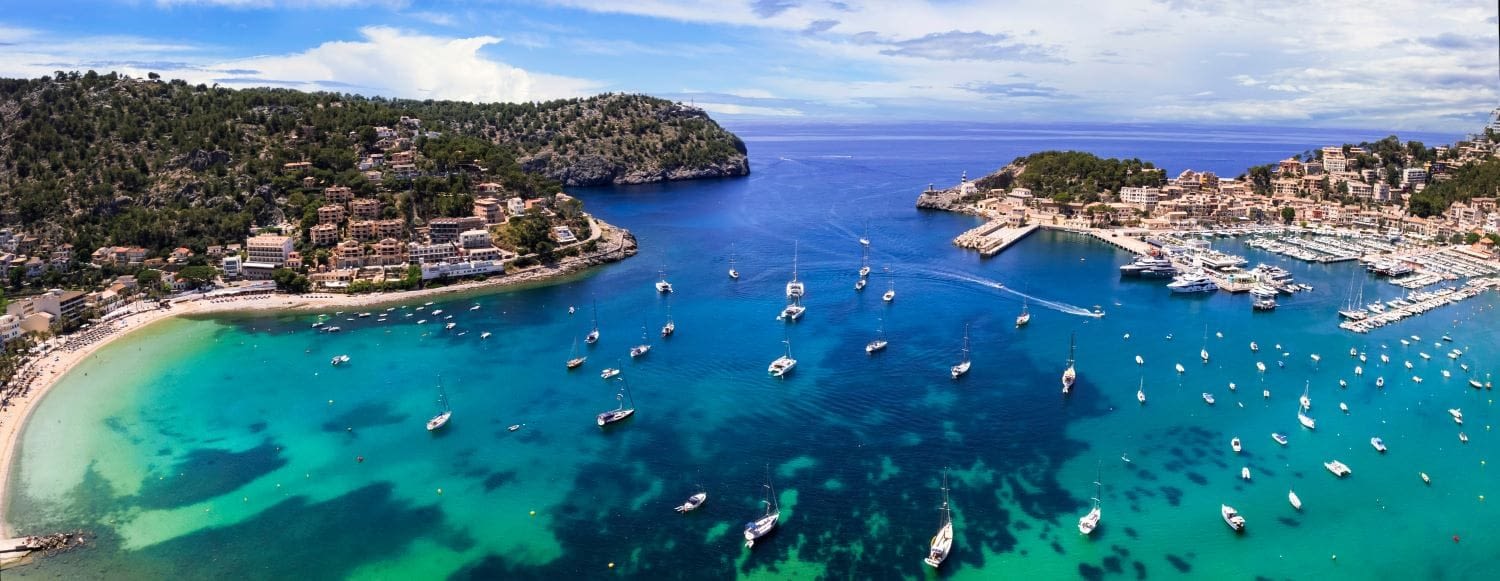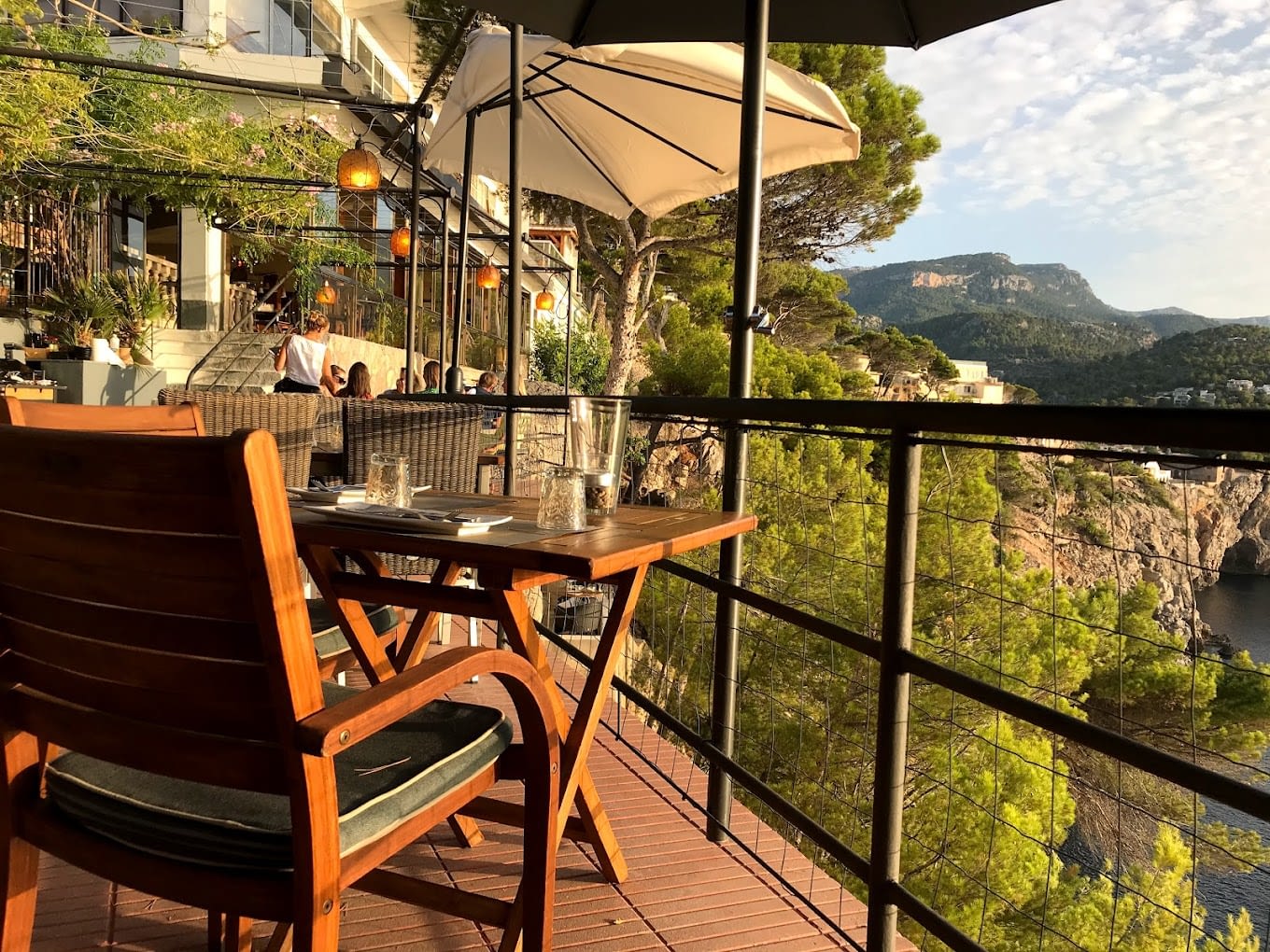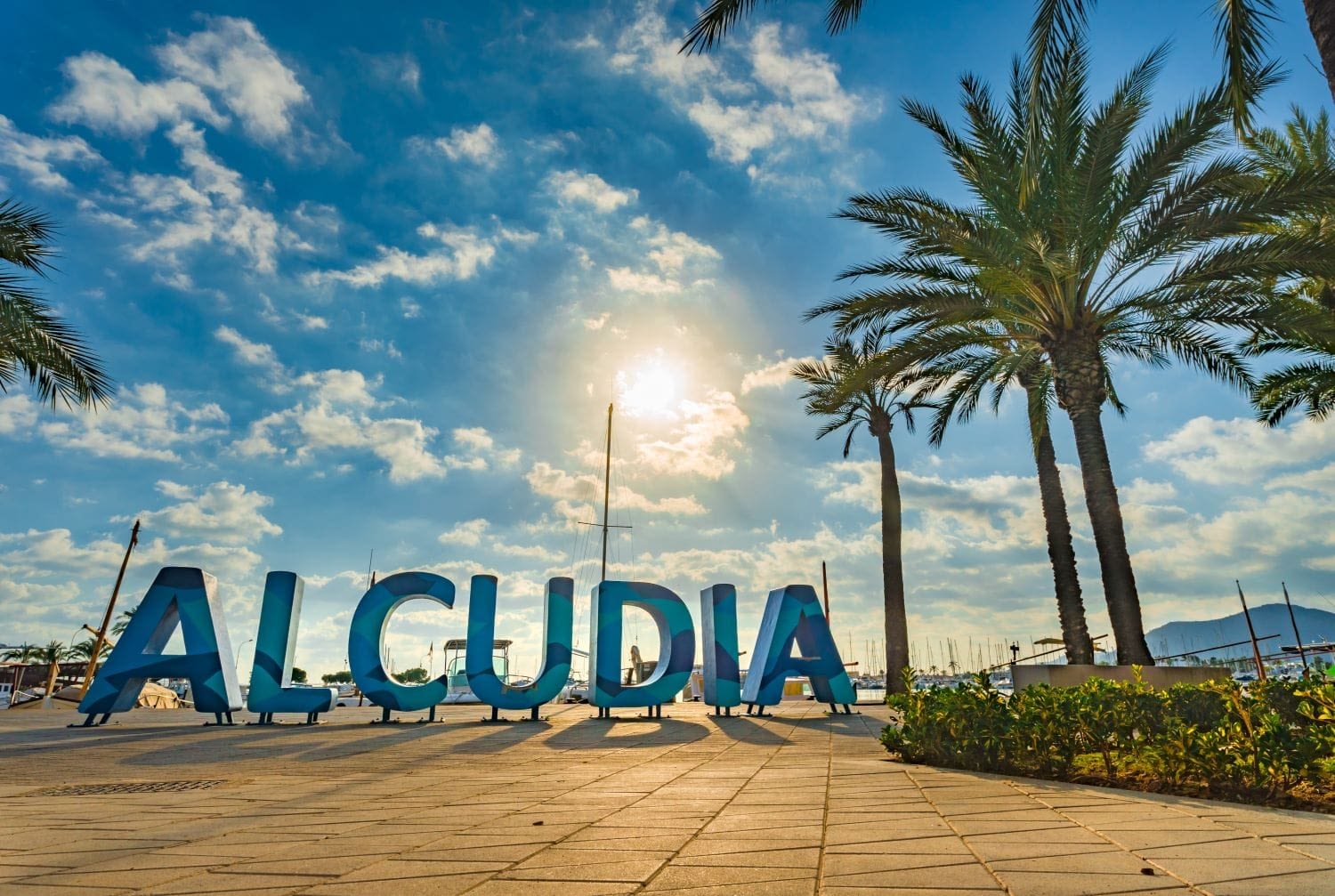20 Things You Should Know Before You Move To Spain
Moving to Spain is a dream for many, with its warm climate, beautiful landscapes, rich culture, and laid-back lifestyle. After moving to Spain last year, I’ve gathered some insights that will help make your transition smoother. Here are 20 things you should know before you move to Spain.
1. Learn Spanish
While many Spaniards do speak some English, especially in tourist areas, learning Spanish will significantly improve your day-to-day experience. In expat-heavy areas, English is common in restaurants and supermarkets. But when dealing with things like car repairs, setting up utilities, or talking to tradespeople, the lack of Spanish becomes a barrier. I’ve found that outside of these everyday situations, English is rarely spoken.
It’s not just about convenience—learning Spanish also helps you integrate into the local community. Some regions also have their own languages, such as Catalan, Basque, and Galician. In places like Mallorca, local schools teach in Catalan rather than Spanish, so that’s something to consider if you’re moving with children.

2. Bureaucracy Can Be Challenging
Spain is famous for its bureaucracy, and navigating through it can be one of the most frustrating aspects of moving here. Whether you’re applying for residency, setting up a bank account, or registering with the local town hall (Empadronamiento), be ready for long forms, multiple copies, and the need for numerous appointments. Many appointments can be arranged online, but these can be hard to get hold of depending on where you live. I had to try many times to book appointments, such as for my TIE (residency card), Empadronamiento, and even to exchange my driving license, to prepare to be persistent.
Getting multiple appointments for the whole family can be tricky. You’ll need a separate appointment for each person, including children, and finding them all on the same day can be challenging. In some municipalities, appointments are harder to get than in others, so you’ll need patience. Having a local advisor can ease the process.
Read more about our move to Spain here and some of the administrative hurdles we faced.
3. Cost of Living Varies by Region
The cost of living in Spain depends significantly on where you decide to live. Large cities like Madrid, Barcelona, and Valencia, or tourist-heavy areas like the Balearic Islands, are more expensive, especially for housing. Seasonal fluctuations can also affect prices. For example, rental prices in Mallorca soar in summer due to high tourist demand.
Smaller towns and rural areas are significantly cheaper if you’re looking for a more affordable lifestyle. Make sure you research the area thoroughly to understand your cost of living.
4. Meal Times and Eating Habits Are Different
Spanish meal times are different from what you may be used to. Lunch is the most important meal of the day, usually between 2:00 and 4:00 PM, while dinner isn’t served until 9:00 PM or later. If you go to a restaurant in the early evening, you’ll find very few Spaniards dining.
5. Healthcare Is Excellent, but Understand the System
Spain has a high-quality healthcare system; if you become a resident, you’ll likely have access to public healthcare. However, depending on your residency status, you may need private health insurance, especially if you’re not from the EU. Many visas, such as the non-lucrative and Digital Nomad Visa, require private insurance. If you are a UK State Pensioner, you can apply for public healthcare through the S1 form, and if you’re self-employed, paying into the Spanish social security system will entitle you to public healthcare for you and your family.
6. Siesta Is Real, but It’s Evolving
The famous siesta still exists in many parts of Spain, especially in smaller towns and during the hot summer months. Shops and businesses often close between 1:30 and 4:00 PM. However, the siesta in larger cities is becoming less common as modern work schedules take over. If you’re not used to this schedule, you’ll need to adjust to it—many errands will need to be done before or after the afternoon break.

7. Sundays Are Family Days
If you plan to do your shopping or run errands on a Sunday, think again. In Spain, Sundays are considered a day of rest, and almost all shops and businesses are closed. Many Spaniards use Sundays to spend time with family, often gathering at the beach or parks for a relaxed day out.
8. The Weather Can Be Extreme
While Spain is known for its sunny weather, it’s not all beaches and warmth. The climate varies significantly from one region to another. The north of Spain is lush and rainy, while the interior can be scorching hot in summer and cold in winter. The southern coast enjoys a more temperate climate, but overall, winters in Spain are much milder than in northern Europe.
However, many homes in Spain, especially older properties, aren’t insulated or have central heating. It’s worth keeping this in mind when house-hunting—don’t be surprised if you find yourself bundled up inside during winter using electric heaters and blankets.
9. Life Happens Outdoors
Spaniards love spending time outdoors, which is one reason they are considered the healthiest nation. Whether it’s strolling through parks, meeting friends at café terraces, or hanging out at the local plaza, much of Spanish social life takes place outside. The streets stay lively, even late into the night. One thing you’ll need to get used to is the noise—between church bells, fiestas, and late-night chatter at tapas bars, Spain can be a noisy place. But this vibrant atmosphere is part of what makes the country so lively.
10. Embrace the Cultural Differences
Spain is rich in traditions and festivals. From lively fiestas to religious processions, embracing these local customs will help you better integrate and enjoy your life in Spain. Since moving to Mallorca, I’ve experienced many vibrant fiestas filled with colourful costumes, music, dancing, and fireworks. Each celebration offers a glimpse into Spain’s unique culture and history, so take the time to appreciate and learn about them.
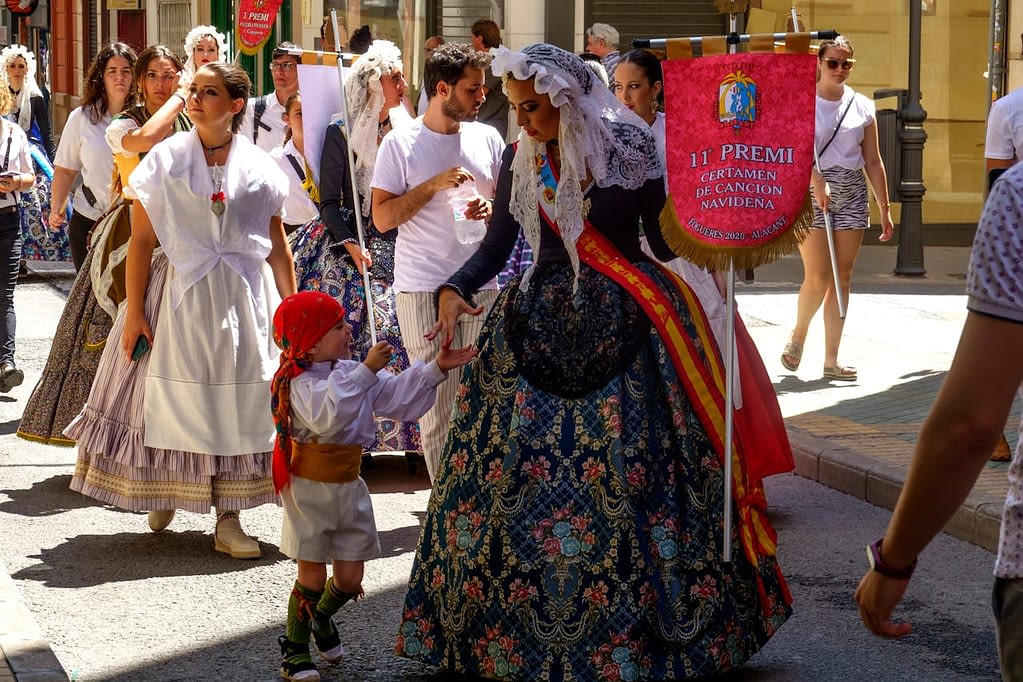
11. Beware of Processionary Caterpillars
You need to be aware of the pine processionary caterpillar, especially in areas with pine trees. These caterpillars have tiny, toxic hairs that can cause skin irritation and respiratory problems for humans and animals, particularly dogs who, by their nature, put their faces right up to them. You’ll often spot their nests in the trees from December to March, and when they fall to the ground, they form long processions. Keep an eye out and make sure to steer clear.
12. Understand Rental Contracts and Deposits
When renting in Spain, deposits are typically two months’ rent, but landlords can request more, especially if you don’t have a work contract. Traditionally, tenants were also responsible for paying agent fees, which could be up to 1.5 months’ rent. Though the law has recently changed, some agents still try to pass these fees on to tenants. You might be asked to pay several months’ rent in advance in high-demand areas, so be prepared for this.
13. Long School Summer Holidays
One of the things you should know before you move to Spain if you have children is that the school summer holidays are long—usually about 10 to 11 weeks. Schools typically close in mid-June and don’t reopen until early September, so you’ll need to plan how to keep your kids entertained during the long, hot summer.
14. Dogs Must Stay on Leads
Dog lovers should be aware that in Spain, dogs must be on a lead in most public places, including parks and beaches. During the peak season (April to October), dogs are often not allowed on beaches. However, there are designated dog-friendly beaches where your furry friend can run free year-round, so be sure to look into these.

15. Taxation in Spain is Unique
The Spanish tax system differs significantly from the UK and other European countries. If you move to Spain within the first six months of the year, you’ll be required to file a tax return in Spain and the country you moved from, and taxes apply to your worldwide assets in what is known as ‘Wealth Tax’. If you’re selling property or have ISAs in the UK, you’ll need to look into how Spain’s capital gains and wealth taxes could impact you. It’s crucial to seek professional tax advice early on.
16. Second-Hand Cars Are Expensive
The second-hand car market in Spain is pricey compared to other countries. Many Spaniards keep their cars until they fall apart, so finding a reasonably priced second-hand vehicle can be challenging. Expect to pay more than you might elsewhere, and don’t be surprised by the number of cars with dents and scratches—people here don’t seem to mind the odd bump or scrape.
17. No Credit History
When you first move to Spain, your credit history from the UK or other countries won’t follow you. Spain doesn’t use a universal credit scoring system, and you’ll generally need to live here for 12 months, showing regular income into a Spanish bank account, before qualifying for any credit. Hence why, you might need to buy yourself a second-hand car!
18. Postal Service is Slow
Spain’s postal service is notoriously slow, especially when receiving packages from outside the EU. Customs fees can also be high, with charges often seemingly unrelated to the item’s value. If you’re expecting a delivery, be prepared for long wait times and surprise fees.
19. Children’s Parties Are Bigger Events
If you’re moving with young children, you’ll quickly learn that children’s parties in Spain are much larger and more inclusive than in the UK. The whole family, including siblings, is often invited, and parents are catered for, too, with snacks and drinks. Unlike in the UK, gifts are opened in front of everyone during the party, which adds to the festive atmosphere!
20. Enjoy Seasonal Produce
One of the great things about Spain is the emphasis on eating seasonal, local produce. Not only does it taste better, but it’s also more affordable to eat fruits and vegetables when in season. At first, you will be looking for vegetables you cannot get because they are not in season and are just not something we are used to. You’ll find a lot of markets and small shops where you can buy fresh, local food directly from the farmers.
Summary
Moving to Spain is an exciting adventure, but like any big move, it comes with challenges. Often, it’s more about change and understanding how things are different in a new country than anything else. By understanding these key aspects of Spanish life, you can better prepare for what’s ahead and thoroughly enjoy this beautiful country. So, pack your sense of adventure, brush up on your Spanish, and prepare for an incredible journey!

